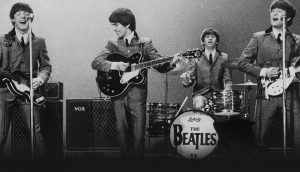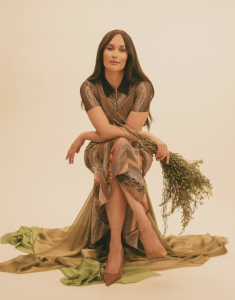Last updated on Nov 2, 2017
By Ashley Bowden
Arts & Entertainment Editor
Prepare for an evening of diverse classical music played by the music department faculty ensemble, the Pierrot Consort. The consort will perform songs by five different composers including Claude Debussy, Dmitri Shostakovich, Arthur Foote, and Robert Schumann. “The concert has a good variety of music; there’s a lot of different styles and combinations of instruments,” music professor Susan Deaver said, “Along with Foote’s Nocturne and Scherzo, we’re also doing a romantic composer, Schumann.”
Originally formed in 1981, the consort has undergone several member changes. Formerly consisting of a flutist, violinist, cellist, pianist and vocalist, the group now features Deaver, who is a flutist, violinist Dale Stuckenbruck, violist Veronica Salas, cellist Maureen Hynes, and pianist Heawon Kim. Only Hynes and Deaver remain from the original lineup. Kim joined the consort in 1989. “Now we know each other so well and we’ve been good friends, not just playing partners,” Kim said, “If you don’t have a good relationship then you can’t work well together as a group.”
Raoul Pleskow, former music department chairman, came up with the name for the Pierrot Consort, taking inspiration from a piece by Arnold Schoenberg called “Pierrot Lunaire.” The combination of instruments necessary for performing the piece were nearly the same as those the consort members played, lacking only a clarinet. “We will look for pieces that are written specifically for our instrumentation,” Deaver said. The consort will even split into smaller groups to perform specific pieces. They will do this to perform the Debussy piece consisting of violin, cello, and piano.
Stuckenbruck does not differentiate classical music from other styles, it simply happens to be a genre of music that he favors. “I love many kinds of music from all over the place; anything that is thoughtfully put together is music that I’d love to listen to,” he said. Kim has been surrounded by classical music her entire life and finds this style of music to be the most natural to play and hear. Everyone has a difference preference for their favorite music, and both Kim and Stuckenbruck find this fact of diversity to be one of the things that makes music so amazing.
“God forbid the day there would be no music,” Stuckenbruck said, “Classical music is very special; the sounds, the textures, the way it’s combined, is like a great piece of literature.”
The consort hopes for students attending the event to not only feel an impact from the music being played, but also gain a better understanding of music skills and learn from watching their professors perform. “Through my experience hearing your teachers perform, you just really compare it to your private lessons,” Kim said. Students may learn a lot in lessons, but hearing the skills executed in performance could greatly help their understanding. “We’re always pushing our students to strive for music excellence, so we think it’s really good for them to also see us do the same,” Deaver said.
The concert will be held on Nov. 2 at 8:15 p.m. in the Great Hall, with free admission. “It’s so intimate there, and that’s the best way to listen to music because then it’s personal,” Stuckenbruck said, “We tend to think everything has to be big to be good.” By performing in a smaller space, “We get to experience the subtleties of music in a personal manner.”



Be First to Comment